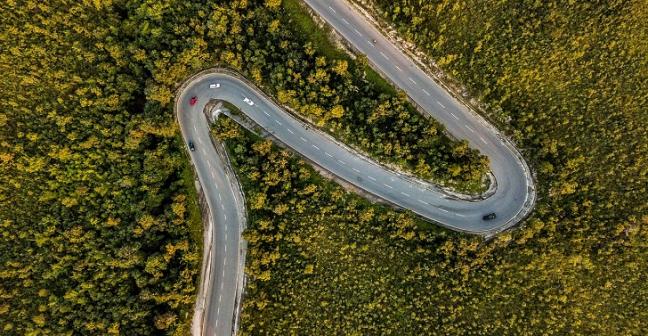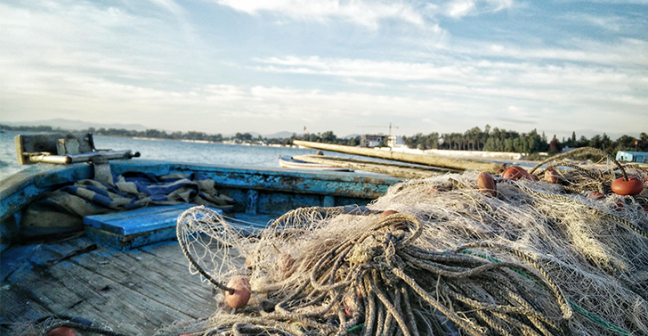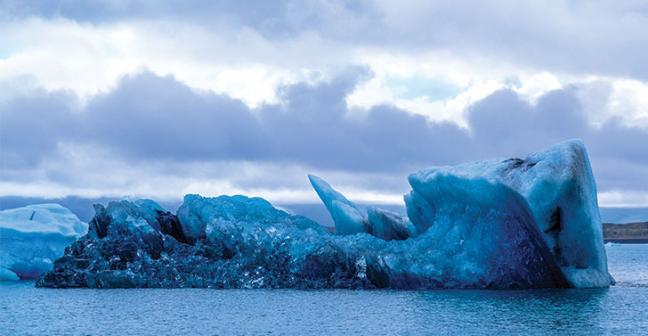In this presentation Gloria Esposito gives an update on UK national policy related to reducing road transport GHG and air pollution emissions, provides a high level overview of the current zero emission technology and low carbon fuel landscape with examples of market developments for cars,...
Members' Area Closed
From 10th November to 18th November, the Members' Area of the website will be offline as we move to a new website and upgraded Members' Portal. This means that you will not be able to update your details, complete forms or record your CPD for this week. We apologise for any inconvenience this may cause.
Webinars content
The momentous decision by the UK in 2016 to leave the EU was met with celebration by many in the fishing industry. However, since then the reality and complexity of the UK’s situation has become apparent, exemplified by the fact that four years later, UK fisheries are still managed by the EU....
Small sensors are increasingly being used to measure gases and particles in the atmosphere, as part of academic research and in citizen science projects. Their low cost, portability and low power requirements bring new measurement possibilities, for example to improve the spatial representation...
The COVID-19 pandemic has had, and will continue to have, a huge impact on the research landscape for environmental science and associated funding for environmental research. This forum explores how PhD research projects have been impacted, including funding opportunities and the lasting...
There is mounting evidence that tipping points in the Earth system could become more likely than first thought. The threat of exceeding tipping points would have irreversible impact on the interconnected biophysical systems of the planet. In this webinar, Tim Lenton Director of the Global...
Increasing the margins of mudflat, reedbed and saltmarsh along the edges of hardened, urbanised estuaries is what the Estuary Edges project is about. In the case study estuary, the Tidal Thames, South East UK, there has been a loss of 10,000 hectares of saltmarsh since 1860 (Environment Agency,...






